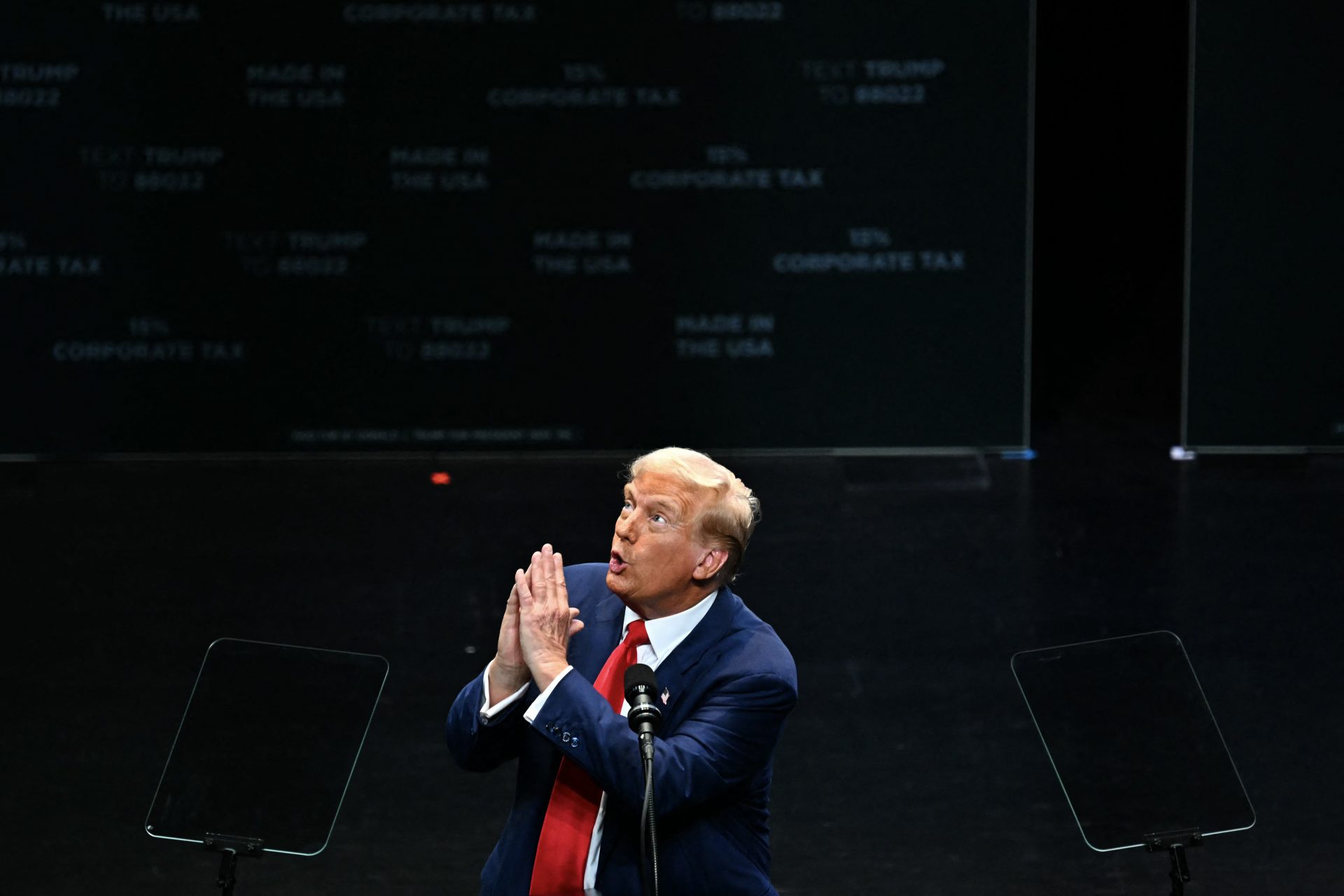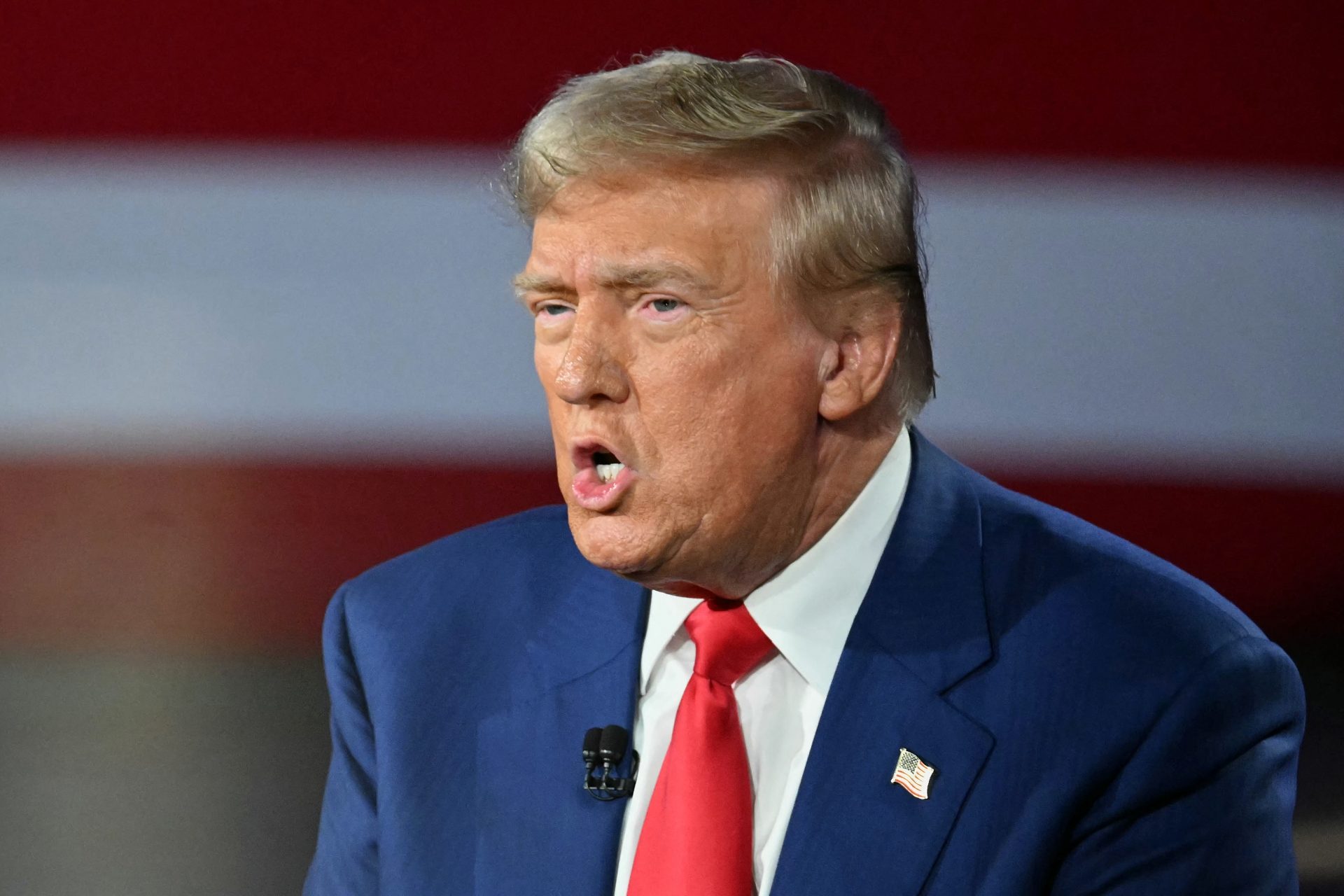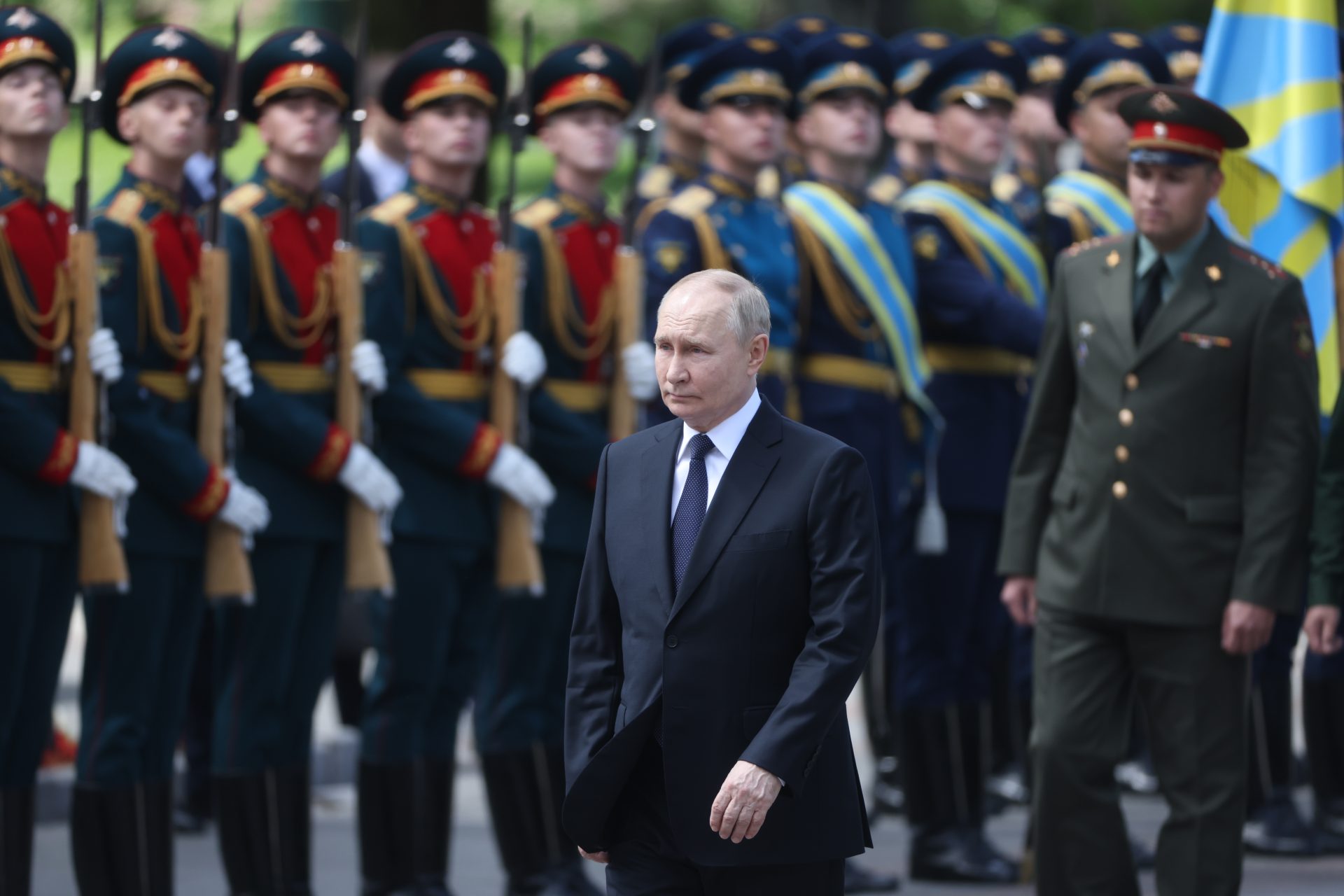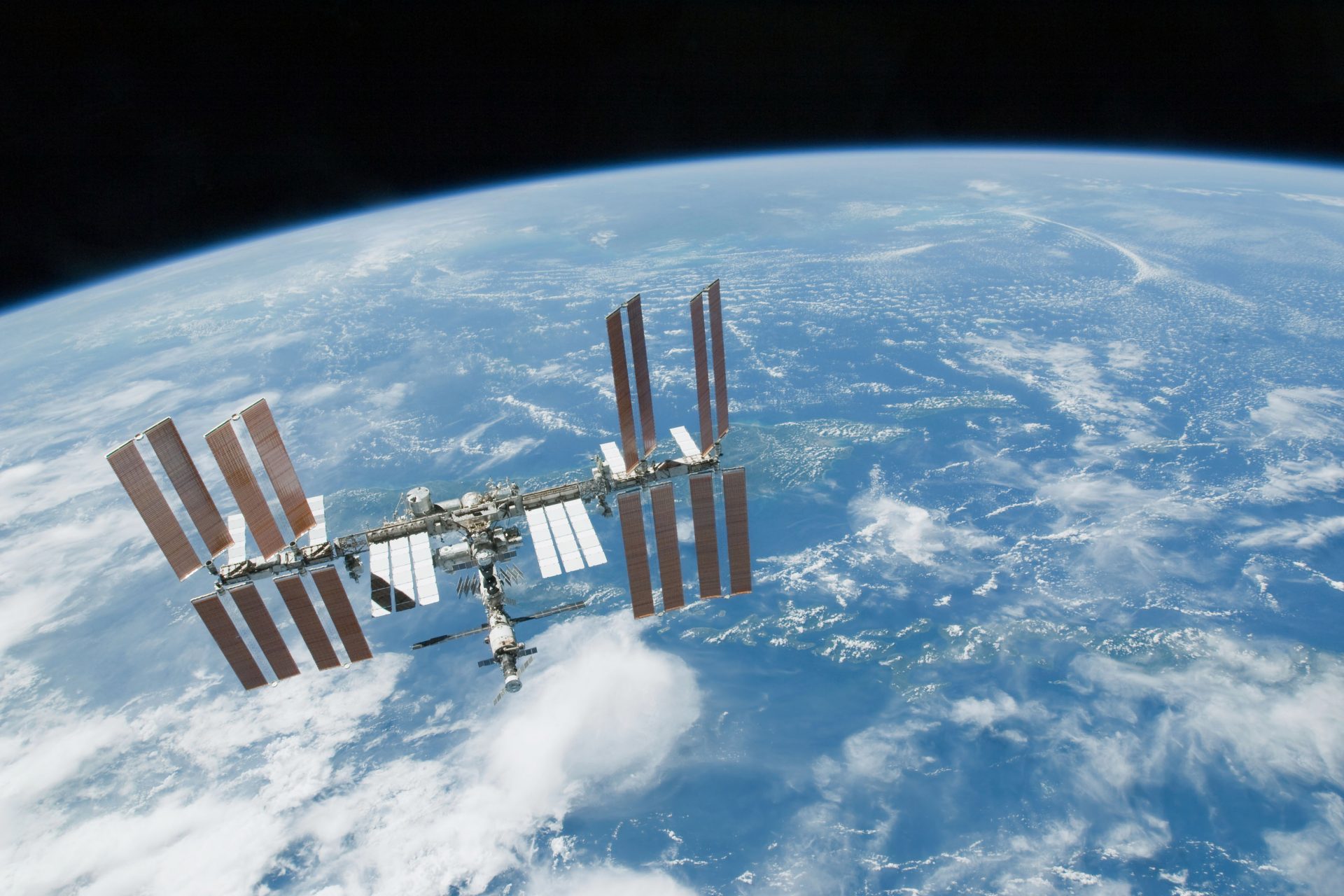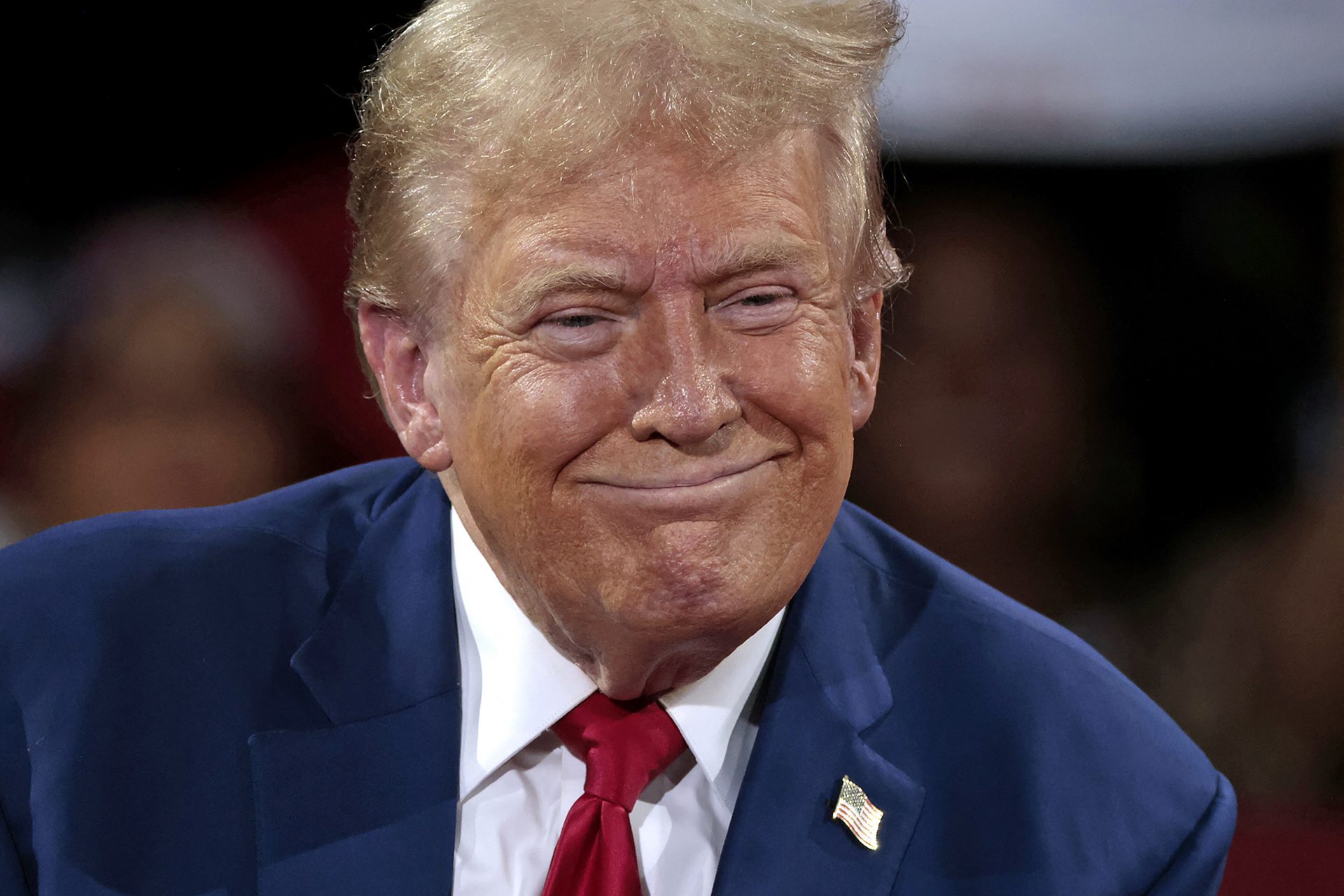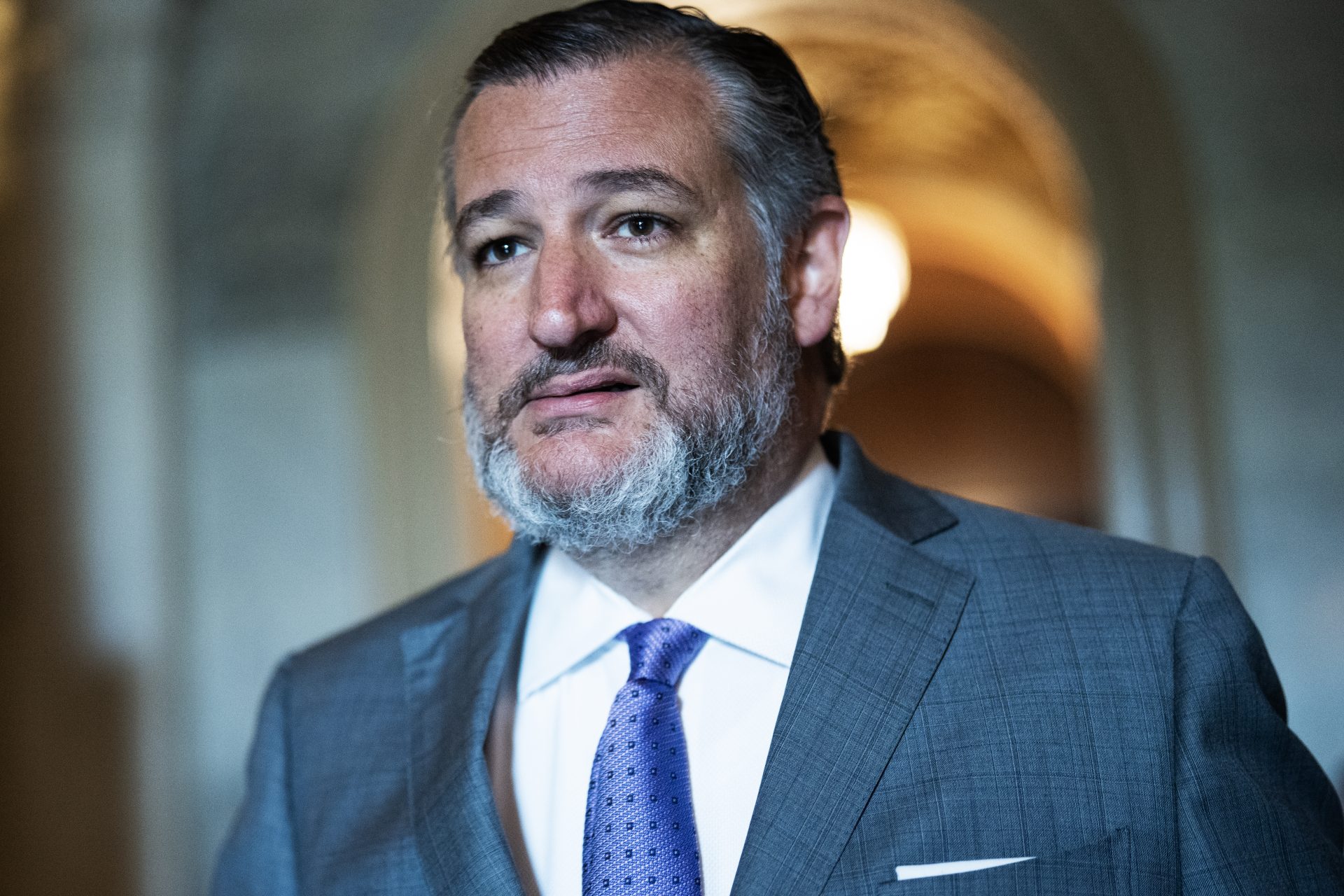Japan considers deploying over 1,000 missiles amid China tensions
Japan is considering the deployment of more than 1,000 long-range cruise missiles to increase its ability to counter growing regional threats from China, according to the local newspaper Yomiuri Shimbun.
The country plans to upgrade its existing surface-to-ship missiles to extend their range from 100 kilometres (62 miles) to about 1000 kilometres (620 miles), which would be enough to reach Chinese coastal areas as well as North Korea.
Upgrades would also need to be made to allow Japan's existing ships and aircraft to be able to fire the new missiles, which could hit land-based targets.
The missiles would be deployed in and around the southwestern Kyushu region and on the small islands that dot Japan's southwestern waters near Taiwan.
The plan is part of Japan's attempt to narrow the missile capacity gap with China, while also addressing threats from North Korea, the newspaper said.
Japan's military is not officially recognised under the country's post-war constitution and defence spending is limited to funding nominally defensive capabilities.
Recent geopolitical tensions, including Russia's invasion of Ukraine and China's increasingly aggressive stance over Taiwan, have prompted growing calls in Japan to review defence programmes.
But the issue gained added momentum after China launched five ballistic missiles into waters near Okinawa Prefecture for the first time, earlier this month, as part of massive military exercises, which Beijing said were in response to a visit by U.S. House Speaker Nancy Pelosi to Taiwan.
China considers democratic Taiwan an integral part of its territory that must be brought back into the fold, by force if necessary.
Tokyo roundly condemned the move, which experts said was likely intended to deter U.S. and Japanese intervention in any crisis over democratically run Taiwan.
But the launches also highlighted the missile gap between the United States and China. China possesses around 300 ground-based cruise missiles and 1,900 ballistic missiles that could strike Japan.
The U.S., bound until 2019 by the Intermediate-Range Nuclear Forces Treaty, which banned all land-based missiles with ranges of 500 km (310 miles) to 5,500 km (3,423 miles), currently does not have any such weapons in its arsenal, though it has begun developing missiles in that range.
Nuclear-armed North Korea, on the other hand, has hundreds of ballistic missiles capable of hitting Japan, and its recent breakthroughs, including the claim of testing a hypersonic weapon designed to evade defenses, have also triggered concern in Tokyo.
Although at this moment, Japan does not possess any longer-range missiles, government talks about acquiring a so-called counterstrike capability that would allow it to hit enemy bases and command-and-control centers, are underway.
Critics say any move to acquire a counterstrike capability would deviate from Japan’s traditional interpretation of its pacifist Constitution and the country’s exclusively defense-oriented policy.
Prime Minister Fumio Kishida, however, has repeatedly stated that Japan “will drastically strengthen its defense capabilities within five years, without ruling out any options, including the possession of counterstrike capabilities.”
More for you
Top Stories




















